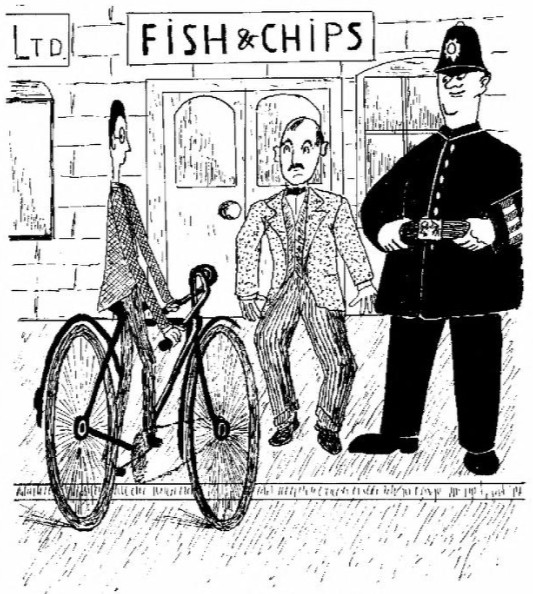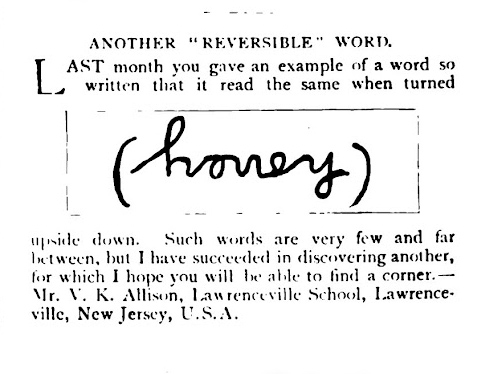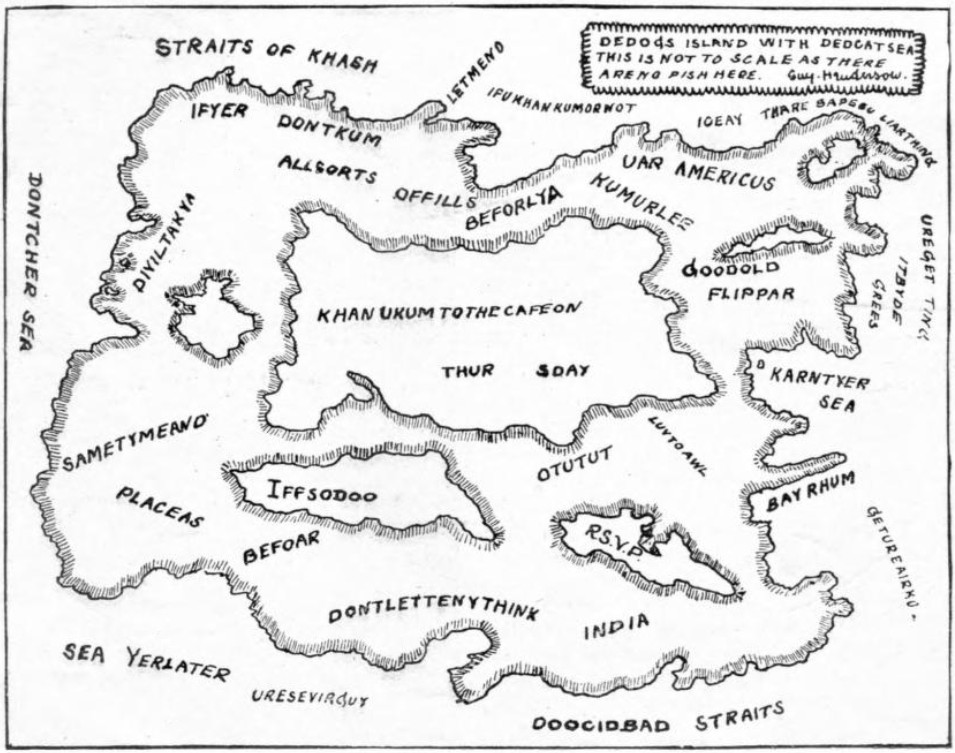Obscure words from the personal collection of Eric Albert, from a Word Ways article in November 1988:
agroof: face downward
amphoric: resembling the sound produced by blowing into a bottle
benedict: an apparently confirmed bachelor who marries
bort: the fragments removed from diamonds in cutting
callipygian: having shapely buttocks
charette: a period of intense group work to meet a deadline
clishmaclaver: gossip
crepitaculum: the rattle of a rattlesnake
famulus: a magician’s assistant
favonian: like the west wind; mild
formication: the feeling that ants are creeping over one’s skin
fucivorous: subsisting on seaweed
genethliacon: a birthday ode
gobemouche: one who believes everything he is told; literally, “one who swallows flies”
Grimthorpe: to restore a building badly
illth: the reverse of wealth: ill-being
kittly-benders: thin ice that bends under one’s weight
nevermas: a time or date that never comes
nixie: a piece of mail that can’t be delivered because it’s illegibly or incorrectly addressed
quavery-mavery: in an uncertain position
supermuscan: greater than that which is typical of a fly
Albert gives his sources in the article, but I find all the words above in the Oxford English Dictionary.







